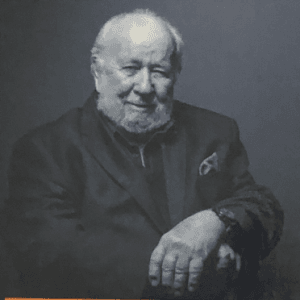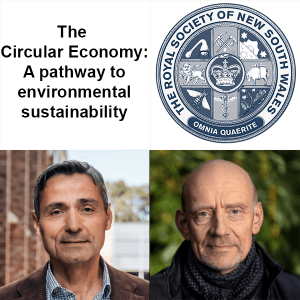
 “Marsupials: Their secrets are all in their genes!”
“Marsupials: Their secrets are all in their genes!”
Professor Kathy Belov AO FRSN FAA
Professor of Comparative Genomics and
Pro-Vice-Chancellor (Global Engagement)
University of Sydney
and
Dr Elizabeth Deane FRSN
Education Consultant
Date: Wednesday, 3 August 2022, 6.30 pm AEST
Venue: Zoom webinar
Video presentation: YouTube video
All are welcome
The Society regrets that, due to circumstances beyond its control, the planned event at the State Library of NSW can no longer proceed as a face-to-face event. Instead, it will be conducted as an online Zoom webinar.
The Society regrets any inconvenience and arrangements will be made to refund all payments that were made up until 20 July 2022 when registrations were closed.
<!–
–>
Summary: The unique reproductive biology of marsupials has made them a focus of much popular and scientific interest. Much of this public interest and research has highlighted exceptional biological features such as delayed gestation and the extensive period of extrauterine development of the young animal. In this presentation and conversation Kathy Belov and Elizabeth Deane explore the past forty years of research into marsupial immunology, examining the role technology has played in unravelling what was once considered lower levels of immunocompetence and early dependence on nonspecific mechanisms of defence. This conversation will bring into sharp focus the role genomics and proteomics has played in revealing marsupial secrets.
Kathy Belov uses immunogenetics to study immunity and health in Australia’s native species. Her research overturned the paradigm that Australian mammals have primitive immune systems and demonstrated they have immune gene complements similar to our own. Using comparative genomics and conservation genetics approaches she has made significant contributions to our understanding of immunity in Tasmanian devil populations which are being decimated by Devil Facial Tumour Disease and koala populations that are under threat due to chlamydia. Her work has directly contributed to government actions and new policy and was integrated into the Save the Devil strategic plan and Wild Devil Recovery program and the NSW koala strategy.
Kathy Belov, Professor of Comparative Genomics at the University of Sydney, is a highly-published researcher whose work has been recognised by fellowships of the Australian Academy of Sciences (2022) and Royal Society of NSW (2019) and awards that include the Australian Academy of Sciences Fenner medal (2014), Crozier Medal by the Genetics Society of Australasia (2013) and the MJD White Medal from the Genetics Society of Australasia (2021). Her contributions were recognised by the awarding of an Officer of the Order of Australia (AO) in recognition of her service as an academic and researcher, especially in comparative genomics.
Elizabeth Deane is a retired academic who now works as an independent higher education consultant to universities and private higher education providers. Although the final years of her academic career were in senior management, her research prior to this was in the area of marsupial immunology and disease with an emphasis on the development of immunocompetence and neonatal protection.






